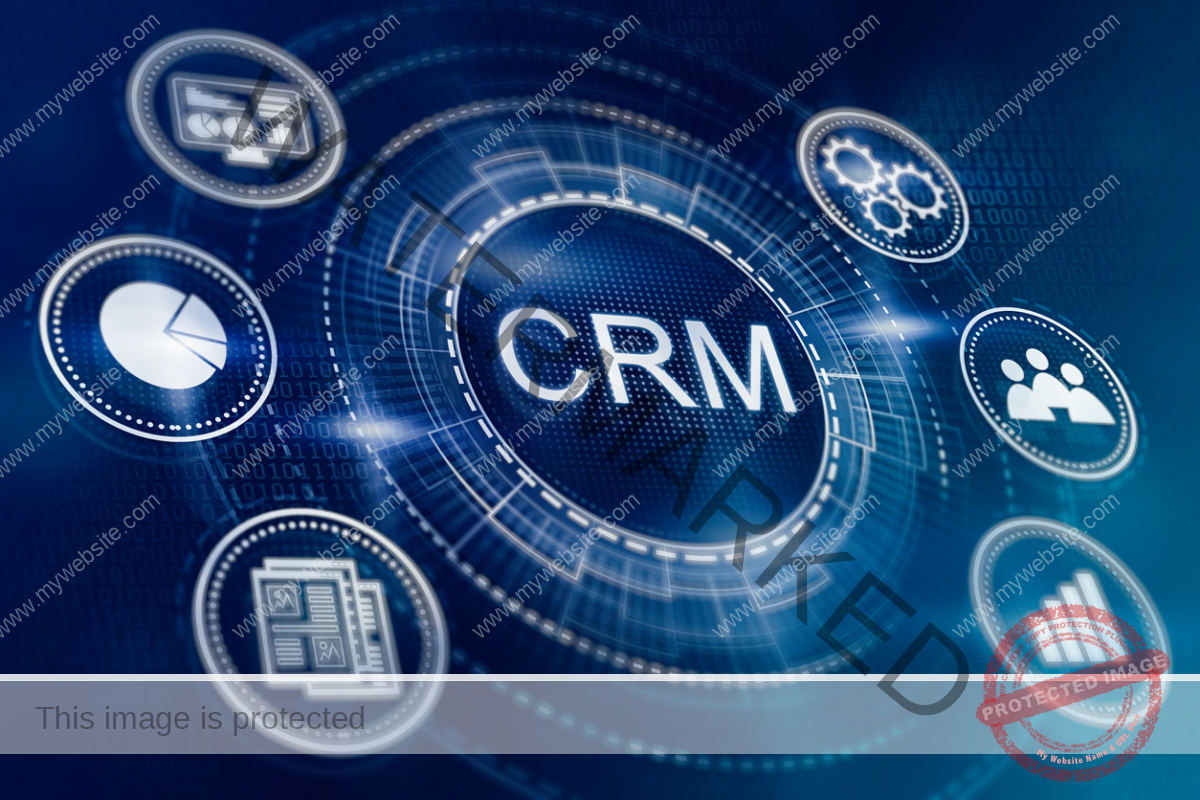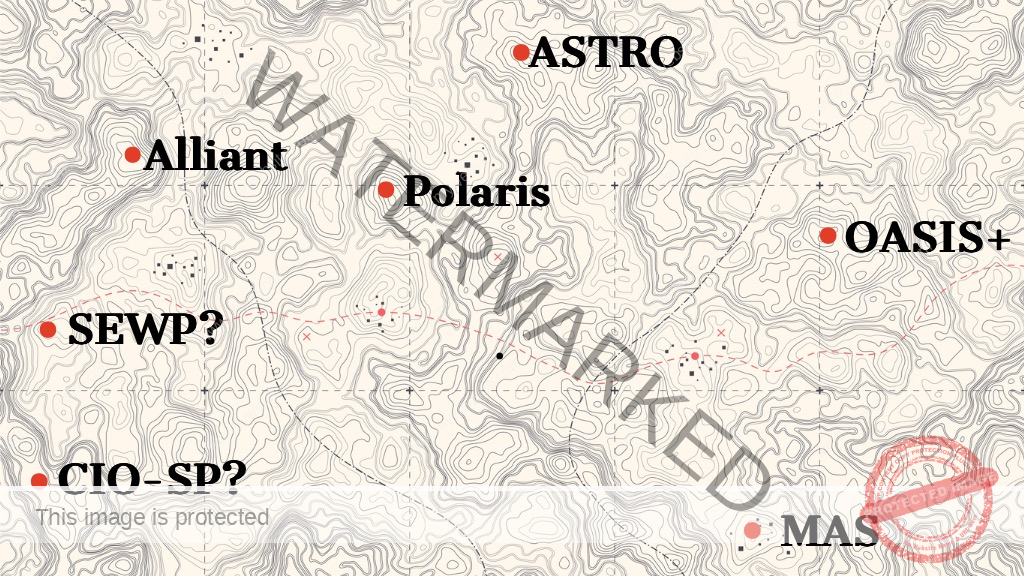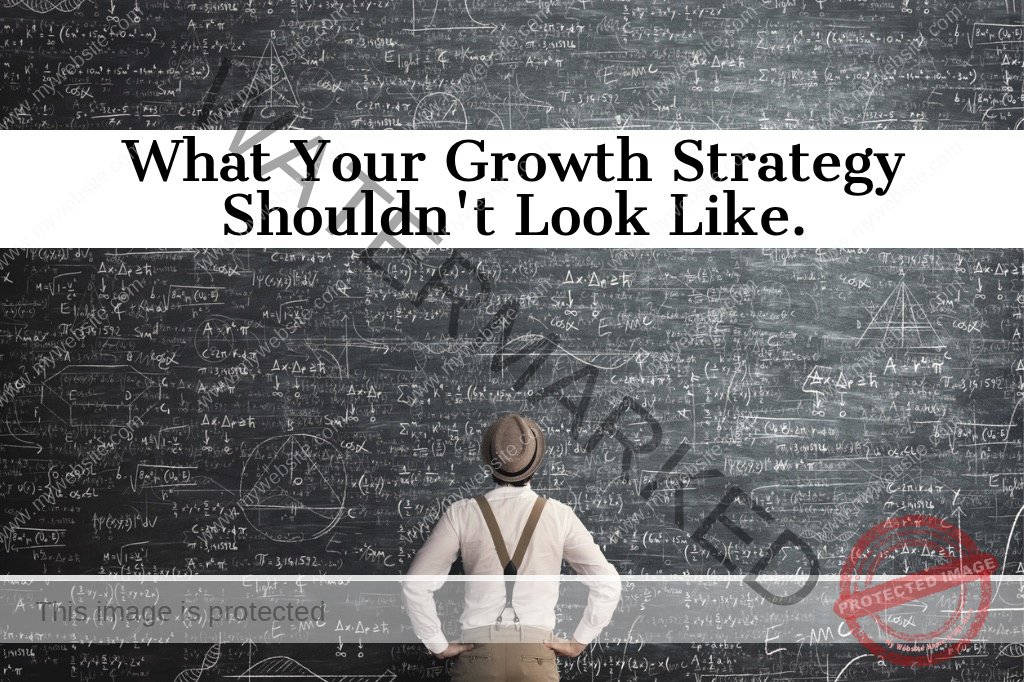Criticality of a CRM in Business Development and Capture
In the fast-paced world of business development and capture management, information is power. Organizations that effectively track, manage, and nurture relationships gain a significant edge in winning new business. That’s where a Customer Relationship Management (CRM) system becomes indispensable.
Why a CRM is Essential for Business Development
A CRM is more than just a database; it’s the backbone of an effective business development strategy. Here’s why:
Centralized Information Repository – A CRM consolidates all interactions, contacts, and opportunities in one place, ensuring that teams have access to the latest data on prospects, partners, and customers.
Pipeline and Opportunity Tracking – Managing multiple opportunities across different stages of the sales cycle is challenging. A CRM provides visibility into the pipeline, helping teams prioritize high-value opportunities and make informed decisions.
Collaboration Across Teams – Business development is not a one-person effort. A CRM enables seamless collaboration among business developers, capture managers, proposal teams, and executives by ensuring everyone has real-time insights into active pursuits.
Data-Driven Decision Making – With advanced analytics and reporting capabilities, a CRM helps teams evaluate success metrics, refine strategies, and allocate resources effectively.
Automation and Efficiency – Manual tracking of opportunities leads to inefficiencies and errors. A CRM automates key tasks such as follow-ups, reminders, and reporting, allowing teams to focus on strategy and relationship-building.
Balancing Long-Term Goals with Short-Term Wins – By implementing a structured plan within a CRM, organizations can maintain focus on long-term business development strategies while still being agile enough to capitalize on short-term, unexpected (“blue bird”) opportunities. Having a plan in place ensures that new opportunities can be assessed and pursued without derailing the overarching growth strategy.
CRM in Capture Management
For organizations engaged in complex B2B or government contracting pursuits, a CRM is even more critical. Capture management requires meticulous tracking of customer engagements, competitor intelligence, and proposal deadlines. Here’s how a CRM enhances capture management:
Customer and Stakeholder Mapping – A CRM helps track key decision-makers, influencers, and stakeholders, ensuring targeted engagement throughout the capture process.
Competitive Intelligence – By capturing data on competitors, a CRM provides insights into market positioning and helps craft winning strategies.
Bid and Proposal Tracking – Managing deadlines, requirements, and submission schedules within a CRM ensures that no detail is overlooked.
Compliance and Documentation – A CRM helps maintain a clear audit trail of communications, decisions, and actions, which is crucial for compliance in government contracting.
Win Probability Analysis – Many CRMs offer predictive analytics to assess the likelihood of success, helping teams focus on the most promising opportunities.
CRM Options
When selecting a CRM, organizations should consider options that align with their business development and capture management needs. Below are three leading CRM options:
NextStage – Designed specifically for government contractors, NextStage provides a single platform to manage the business development lifecycle with comprehensive market intelligence, integrated CRM and pipeline management, and AI-powered proposals. It is highly focused on capture management and emphasizes integrating siloed processes and data sources. It is user-friendly and easily adapted to your business needs without technical expertise. Find out more here: NextStage.
Salesforce – A highly customizable CRM that scales for large enterprises. It offers robust workflow automation, extensive integration options, and advanced analytics. While it is known for its adaptability, it requires a highly trained support team to adapt it to your business. In fact, there are whole careers built around Salesforce engineering. Find out more here: Saleforce
Zoho CRM – A cost-effective option for small to mid-sized businesses. It features an easy-to-use interface, automation tools, and integration capabilities. Zoho does adapt quite easily with little training, it will not align easily to the GovCon systems and practices. It is a CRM in the purest form and lacks the ability to integrate with traditional GovCon systems like Govwin and others. Find out more here: Zoho
Recommended CRM: NextStage
For organizations focused on business development and capture management, NextStage is the top choice.
Why Choose NextStage?
Comprehensive Market Intelligence – Automates research and analysis to provide actionable insights for business development teams.
Opportunity Tracking – Helps capture managers stay on top of key pursuits, deadlines, and customer engagements.
Proposal Automation – Streamlines the proposal process, reducing manual effort and improving submission quality.
Government Contracting Focus – Built specifically to support the unique needs of organizations pursuing federal contracts.
Seamless Integrations – NextStage integrates with key government contract vehicle sources, including eBuy, Seaport-NxG, Symphony, GovWin, FPDS, and Sam.gov. Additionally, it can **ingest IDIQ task order emails**, ensuring businesses never miss an important opportunity.
Kinetic’s Experience with NextStage
Proven Success in Pipeline Management
Whether our clients run their own CRM or not, Kinetic builds a pipeline in NextStage for each client to ensure capture and proposal activities are properly managed. This structured approach provides enhanced visibility and organization, allowing for more effective business development and capture management strategies. NextStage is a critical success factor for our Bid and Proposal as a Service (B&PaaS) Model, allowing Kinetic to manage the entire lifecycle from BD Strategy to Opportunity Research and on to Capture Management, Proposal Management, and most importantly – WINNING!
Client Adoption Driven by Kinetic’s Use
Many of Kinetic’s clients have chosen NextStage after witnessing firsthand how powerful and adaptable it is when used to manage their pipeline effectively. The ease of use, automation, and strategic insights gained through NextStage have led many organizations to adopt it as their preferred CRM solution.
Unparalleled Support and Responsiveness
One of the standout features of NextStage is its customer-centric approach. Unlike many large CRM providers, NextStage is known for its extremely responsive and support-driven service model. The company takes client needs seriously, ensuring timely and effective assistance at every level.
Direct CEO Involvement:
NextStage’s commitment to customer success extends to its leadership. The CEO is actively engaged in reviewing and responding to client feedback, offering direct support when necessary.
This high-touch approach ensures that customer concerns are addressed promptly, enhancing both adoption and long-term success with the platform.
Conclusion
A well-implemented CRM is not just a technology investment—it’s a strategic asset. In business development and capture management, where relationships and data-driven decisions determine success, a CRM provides the structure and insights necessary to stay ahead of the competition.
For organizations seeking a highly responsive CRM tailored for government contracting and complex sales, NextStage is the clear choice. Its ability to combine automation, intelligence, seamless integrations, and exceptional customer support sets it apart as the premier solution for business development professionals.







